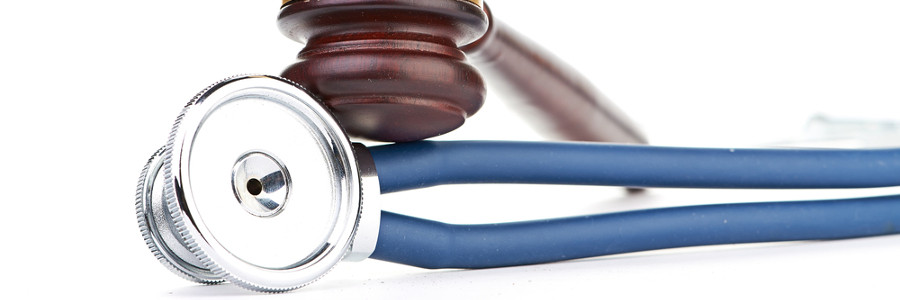According to the Centers for Disease Control and Prevention, 86.9% of US-based office physicians are using electronic medical record (EMR) systems to track their patients' health information. However, an important factor isn't just using an EMR system; it's how to choose the right one.
EMR systems: How to choose the right one
How do you choose the right EMR system?

Medical professionals should always strive to give the best primary and ancillary healthcare services to their patients. One of the ways to accomplish this is by using electronic medical records (EMRs), which eliminate the need for paper charts by digitally storing patients’ medical and treatment histories.
Why EMRs are vital for healthcare providers
4 Ways EMRs assist in medical operations

Electronic medical records (EMR) digitize your paper medical records and, when properly implemented, can generate a positive return on investment and improve organizational efficiency. The major drawbacks of paperwork are that it hinders a healthcare institution’s ability to treat patients, makes medical operations slower, and decreases overall efficiency.
Make sure you get the right EMR system

Electronic medical records (EMRs) digitally store a patient’s medical history and treatment. EMRs eliminate paper charts and allow patients to have a single electronic chart that can be accessed within one healthcare organization. It allows medical professionals to provide more efficient and precise care.
HIPAA liability: record settlement reached

Is being responsible for electronic medical records a daily source of trepidation for you or your business? While the sentiment is understandable, it often results from a lack of understanding about what HIPAA compliance actually means. As industry-wide penalties continue to rise every year, it’s essential to take a closer look at who is being fined, and why.




